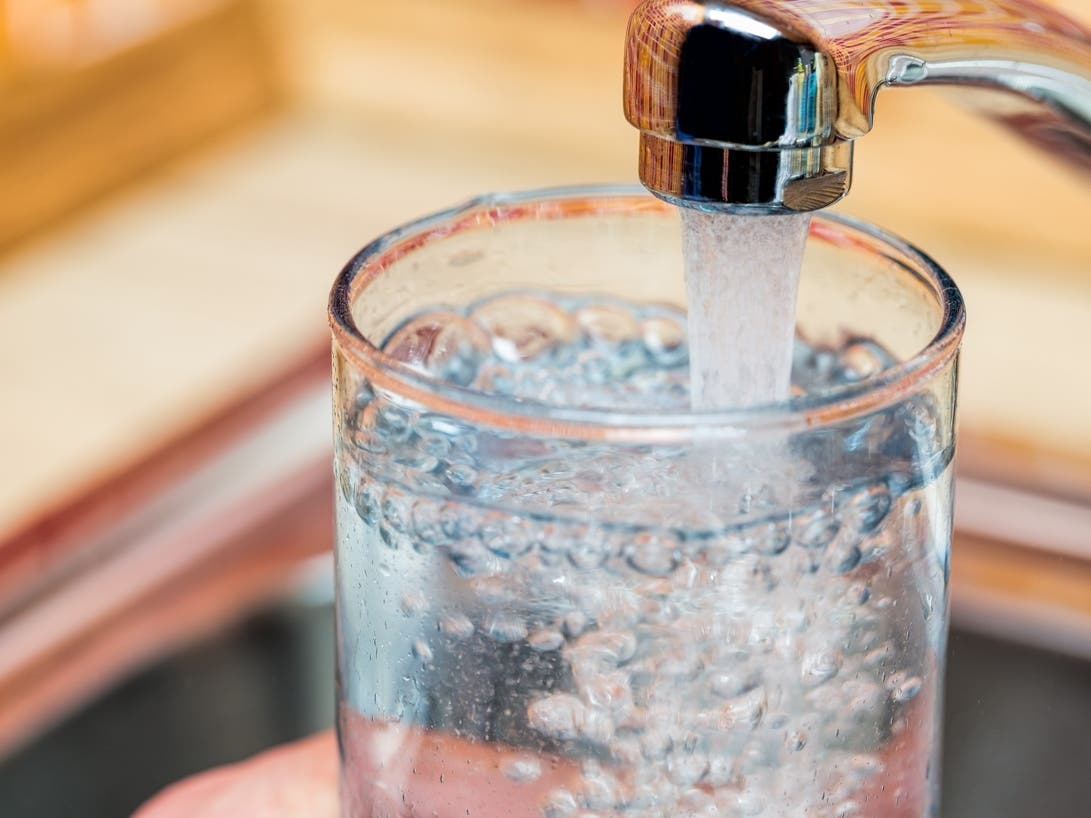
Arsenic May Be Seeping Into Drinking Water in NJ Homes, Study Finds
Findings Raise Health Concerns
A recent study has uncovered alarming levels of arsenic in the drinking water of several homes in New Jersey. This revelation has raised public health concerns, drawing attention to the potential dangers lurking in our taps. Arsenic, a naturally occurring element, can lead to severe health issues when ingested over time.
Health Risks of Arsenic
Arsenic exposure, even at low levels, poses significant health risks. According to health experts, the following conditions can develop from prolonged arsenic exposure:
- Cancer: Arsenic is a known carcinogen and can lead to various types of cancer, including bladder, lung, and skin cancer.
- Cardiovascular Diseases: Chronic arsenic exposure is linked to increased risk of heart disease and stroke.
- Developmental Issues: Children exposed to arsenic may experience developmental delays and cognitive impairments.
What Can Homeowners Do?
If you are a homeowner in New Jersey, it is essential to take proactive steps to ensure your drinking water is safe. Here are some measures you can take:
- Test Your Water: Regular testing of your water supply, especially if you use a private well, is crucial. Testing kits are readily available, or you can hire a professional to carry out the tests.
- Install Filtration Systems: Consider installing water filtration systems designed to remove arsenic. These systems can provide an extra layer of security and peace of mind.
- Stay Informed: Keep up-to-date with local water quality reports and advisories. Awareness is the first step towards taking action against potential contaminants.
Awareness and Action
Fortunately, by remaining vigilant and proactive, homeowners can mitigate many of the risks associated with arsenic in drinking water.
For more information and updates, follow Cherry Hill News Today on facebook and twitter.
Conclusion
The presence of arsenic in drinking water is an issue that cannot be ignored. With the potential for severe health impacts, it is essential for homeowners to take the necessary steps to ensure the safety and quality of their water. Regular testing, appropriate filtration, and staying informed are all critical components of a comprehensive approach to safeguarding our health against these invisible but dangerous contaminants.



